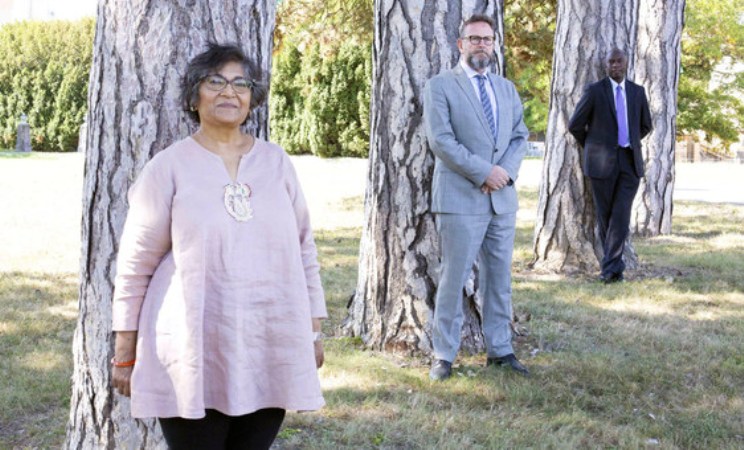Violence against civilians persists in South Sudan: experts
March 6, 2023 (GENEVA) – Impunity is a major driver of the human rights and humanitarian crises in South Sudan, which continue to cause immense trauma and suffering for civilians in the country, United Nations experts said on Tuesday.
The details are contained in a new report from Commission on Human Rights in South Sudan, which was presented to the UN Human Rights Council in Geneva.
Commissioners Andrew Clapham and Barney Afako presented the report to the Council.
“Senior public officials and military officers should be held accountable for serious crimes, or we will never see an end to the gross human rights violations,” said Clapham.
“Attacks against civilians persist precisely because perpetrators are confident they will enjoy impunity,” he added.
Based on investigations undertaken in South Sudan and the neighbouring region throughout 2022, the report identifies widespread attacks against civilians, systematic sexual violence against women and girls, the ongoing presence of children in fighting forces, and state-sponsored extrajudicial killings.
The Commission’s findings describe multiple situations where state actors are the primary perpetrators of serious crimes under South Sudan’s laws, as well as under international law. Members of non-State armed groups are also identified as the perpetrators of violent crimes carried out in various areas of conflict.
“We have documented human rights violations in South Sudan for many years, and we continue to be shocked by the ongoing violence, including horrific sexual violence, targeting civilians, and perpetrated by members of the armed forces, different militia, and armed groups,” said Clapham.
He added, “Last month we again visited the country, where we met in Juba and Malakal with brave survivors who shared their experiences of trauma, loss, and hunger. Faced with persistent cycles of violence and insecurity, many told us they are disillusioned and losing hope.”
In Leer County of Unity State, for instance, the Commission told the Council of how it documented a devastating operation, where government officials directed militias to carry out widespread killings, systematic rape, and forced displacement against civilians in an area considered to be loyal to the opposition.
Similar documentations were documented in Tonj North and Mayom counties.
“It is hard to imagine peace while State actors continue to be involved in gross human rights violations,” said Afako, adding “A true demonstration of the Government’s stated commitments to peace and human rights would involve dismissing the responsible officials and initiating prosecutions.”
The report raises alarm about the escalation of violence in Upper Nile State, where the UN’s protection of civilians site in Malakal has been overwhelmed by tens of thousands of new arrivals. Survivors of attacks recounted moving from village to village, pursued by armed men engaged in killings, rapes and destruction.
In two separate events, the report observed, civilians sheltering in makeshift displacement camps were attacked again, and vital humanitarian aid looted.
The Commissioners told the Council that South Sudan can be different, and that the 2018 peace deal remains the framework to address the conflict, repression and corruption that cause immense suffering and undermine prospects of peace.
“The challenge of advancing peace and human rights in South Sudan is very heavy, and international attention and support must not flag,” stressed Afako.
“Long-delayed constitution-making and elections are planned in the next 18 months, but the civic space needed to make these meaningful has virtually disappeared. Activists and journalists operate under threat of death and detention. We demand that the authorities immediately end the harassment of civil society, and protect political space,” he added.
Established in March 2016, the Commission on Human Rights in South Sudan is an independent body that is mandated by the UN Human Rights Council.
(ST)

